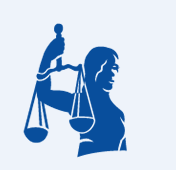Equal Rights Advocates

Equal Rights Advocates
We are civil rights champions, fighting since 1974 to expand and protect the opportunities of all women and girls.

We are civil rights champions, fighting since 1974 to expand and protect the opportunities of all women and girls.